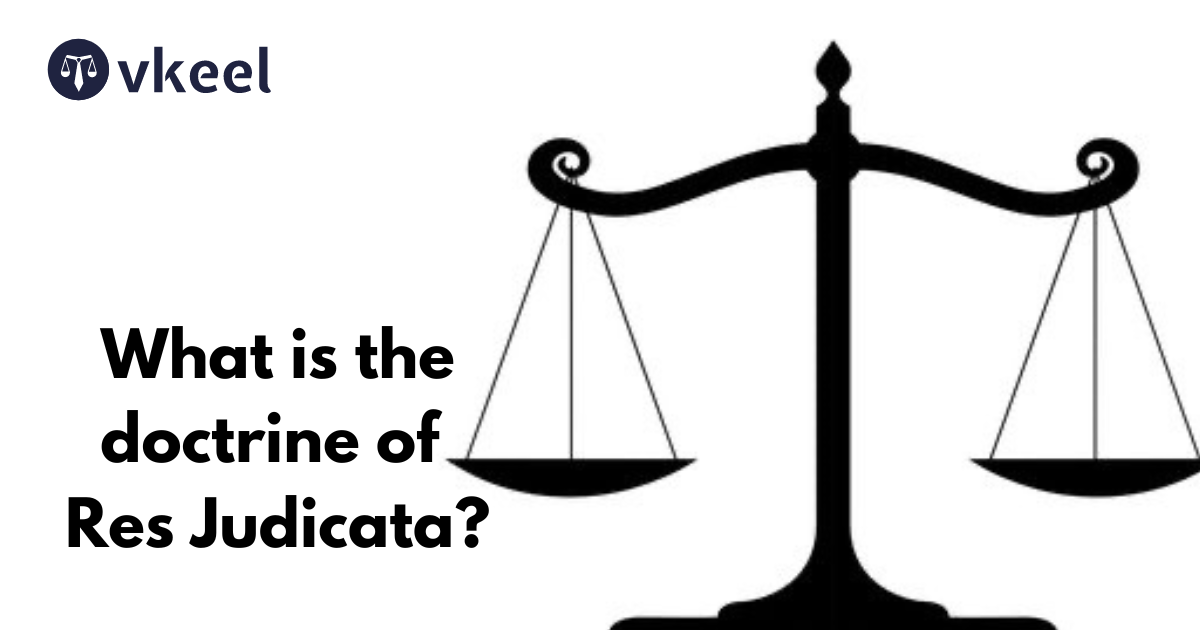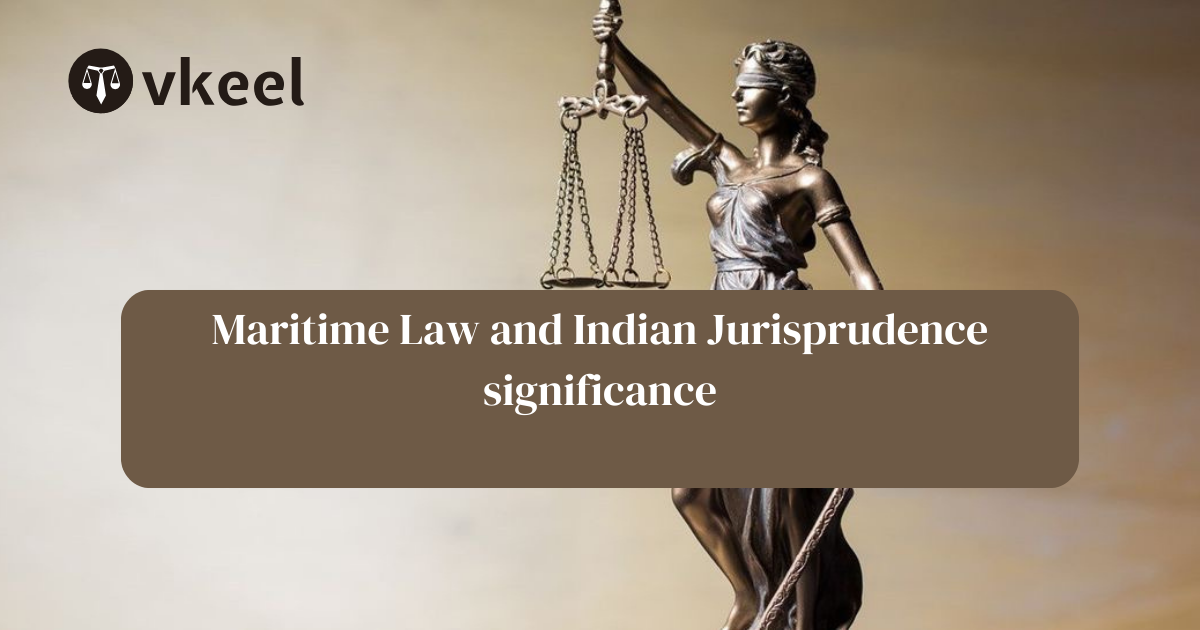Wat is the Doctrine of Res Judicata?
By Joy Puri
Table of Contents
Introduction
The doctrine of res judicata is a fundamental pillar in legal systems worldwide, ensuring that once a court has resolved a dispute, the same parties cannot re-litigate the same issue in the court of law thereof.
The roots of its origins backs to the Roman law, where it was stipulated as “nemo debet bis vexari pro una et eadem causa” which if deciphered out means that no one should be vexed twice for the same cause, the principle was adopted into medieval European legal traditions and eventually the English common law system thereof.
In the United States, res judicata was inherited from English law and developed significantly over the 19th and 20th centuries in other countries too.
The U.S. legal framework distinguishes between claim preclusion, which bars re-litigation of the same claim, and issue preclusion (or collateral estoppel), which prevents re-litigation of specific issues already determined in previous cases and settled in the precedents.
The rationale behind res judicata includes the promotion of judicial efficiency by avoiding repetitive litigation, ensuring consistency and reliability in legal proceedings, and protecting parties from the emotional and financial strain of multiple lawsuits over the same matter. These policy considerations help maintain public trust in the judicial system and maintaining the transparency and fairness.
What is the doctrine of Res Judicata ?
Res judicata, has a latin root and when translated it means “a matter already judged,” it refers to a vital doctrine in Indian law, entailed in Section 11 of the Code of Civil Procedure, 1908. It is a foundational feature that prevents the re-litigation of issues that have already been conclusively resolved by a competent court of law.
This doctrine serves to maintain the finality and integrity of judicial decisions pronounced by the court of law, thereby upholding the efficiency of the legal system and ensuring that litigants are not subjected to repeated litigation for the same matter thereof.
The essence of res judicata revolves around its ability to preclude parties from re-opening settled disputes in the country’s legal system.
The doctrine is based on two fundamental principles: that it is in the public interest to put an end to litigation, furthermore, that it is unjust for an individual to be harassed multiple times for the same cause which arises in the society thereof.
Res judicata thus helps in promoting judicial economy by conserving the court’s time and resources, which could otherwise be spent on new and unresolved cases.
To invoke the doctrine of res judicata, several essential conditions must be satisfied for its pursuance in the courts of law. Firstly, the matter which is put into question must have been directly and substantially in issue in the former suit in the nation’s legal system. This means that the issue must have been a crucial point of contention in the earlier case.
Secondly, the former suit must have been deciphered by a court of law which is of competent jurisdiction. The decision must be final and, on the merits, rather than on technical grounds or procedural aspects of the law of the country.
What are the benefits of this doctrine?
The doctrine of Res Judicata is a boon for the society and a country like India where the courts of law are flooded with plenty of matters throughout.
The antecedent doctrine is an embark of the judicial activism in the country. It helps in boosting the efficiency and the effectivity of the judiciary thereby upholding the supremacy of reason over tyranny.
The application of the doctrine in the country thereby prevents the re litigation of the cases and helps in saving the resources and time of the court.
It also in the deepest ends fulfils the judicial economy motive. Builds faith and trust in the society for the judiciary in the country.
It promotes the finality of judgements therefore encouraging the courts decision by not providing or avoiding contradictory statements by the competent court of law.
Conclusion
The doctrine in the country has thereby been major player for enhancement and upholding of of Justice in the society.
Various jurists, thinkers and think tanks have put forth their views, opinions or perspective in favour of the application of this doctrine thereof.
In a country like India, the aforementioned doctrine is for the betterment of the society by upholding the general will over the individual will.
Disclaimer:
The information provided in the article is for general informational purposes only, and is not intended to constitute legal advice or to be relied upon as a substitute for legal advice. Furthermore, any information contained in the article is not guaranteed to be current, complete or accurate. If you require legal advice or representation, you should contact an attorney or law firm directly. We are not responsible for any damages resulting from any reliance on the content of this website.










